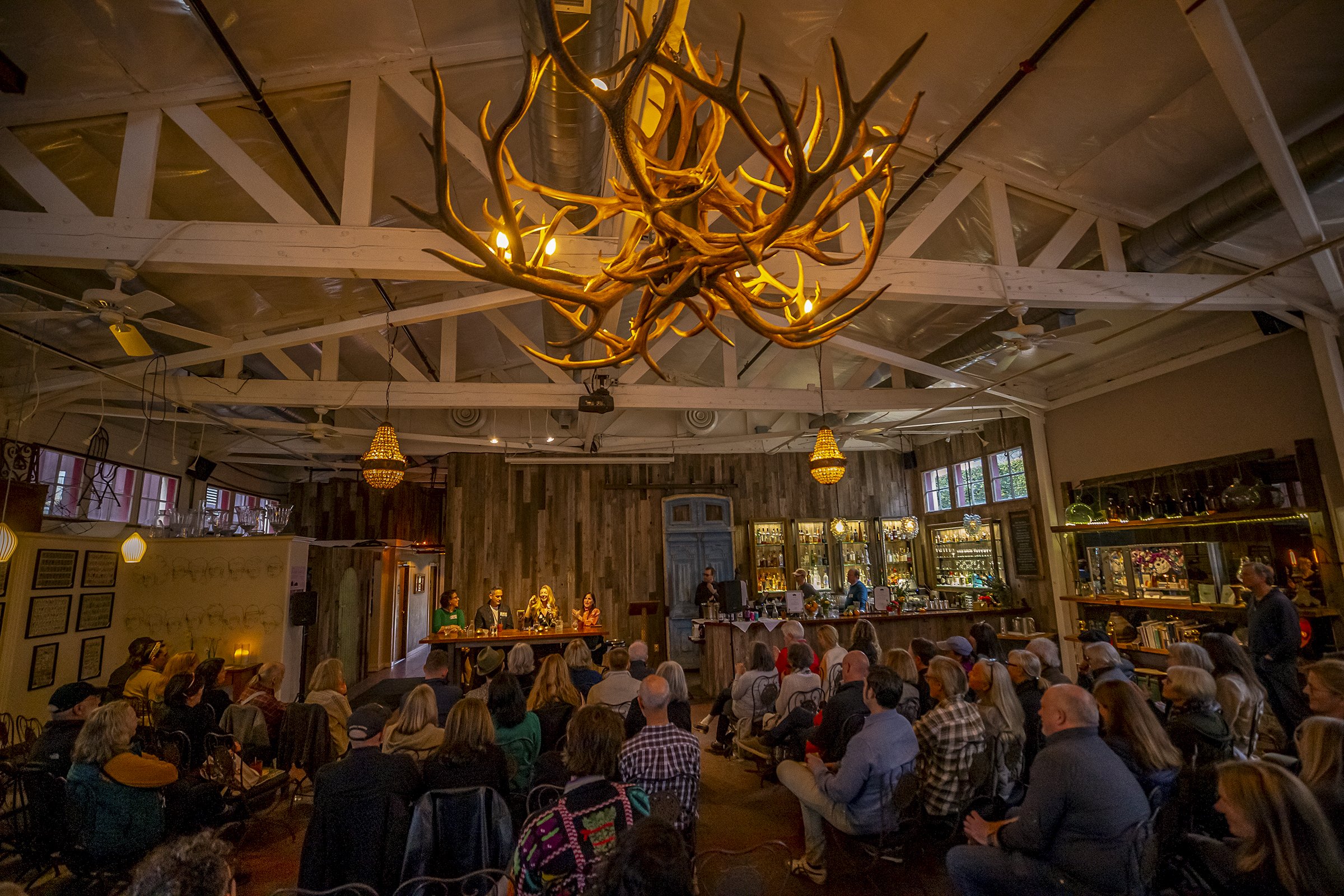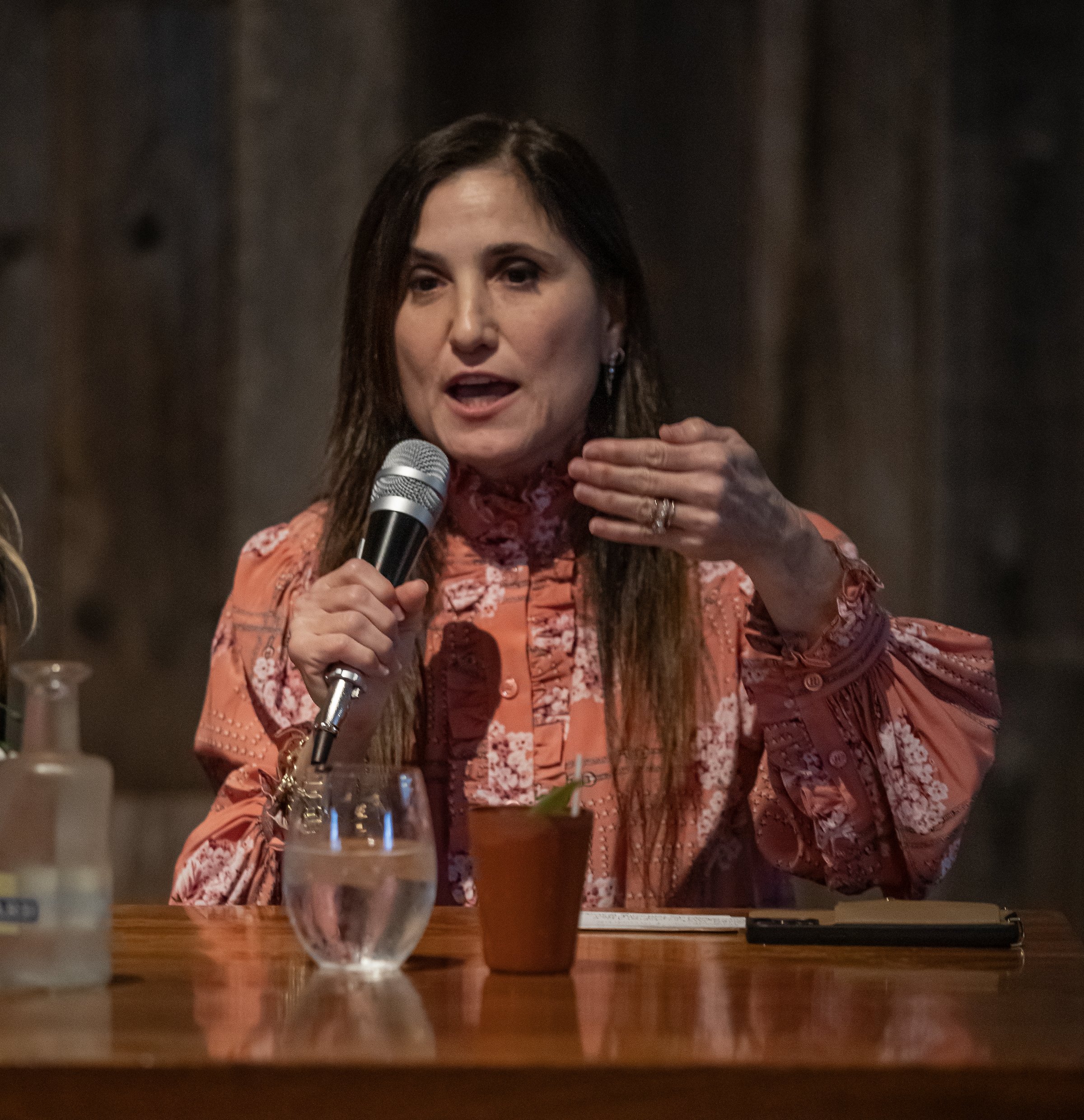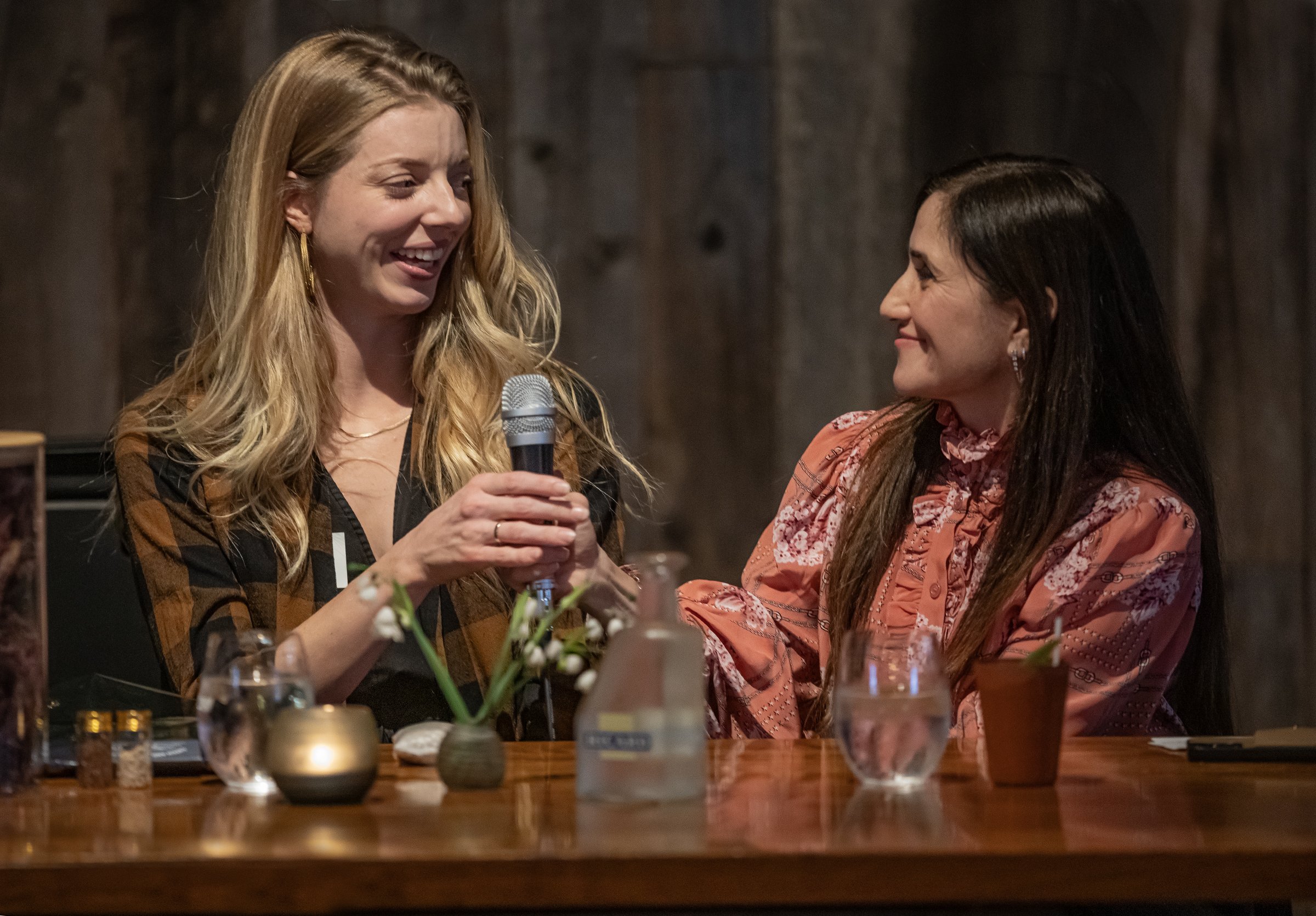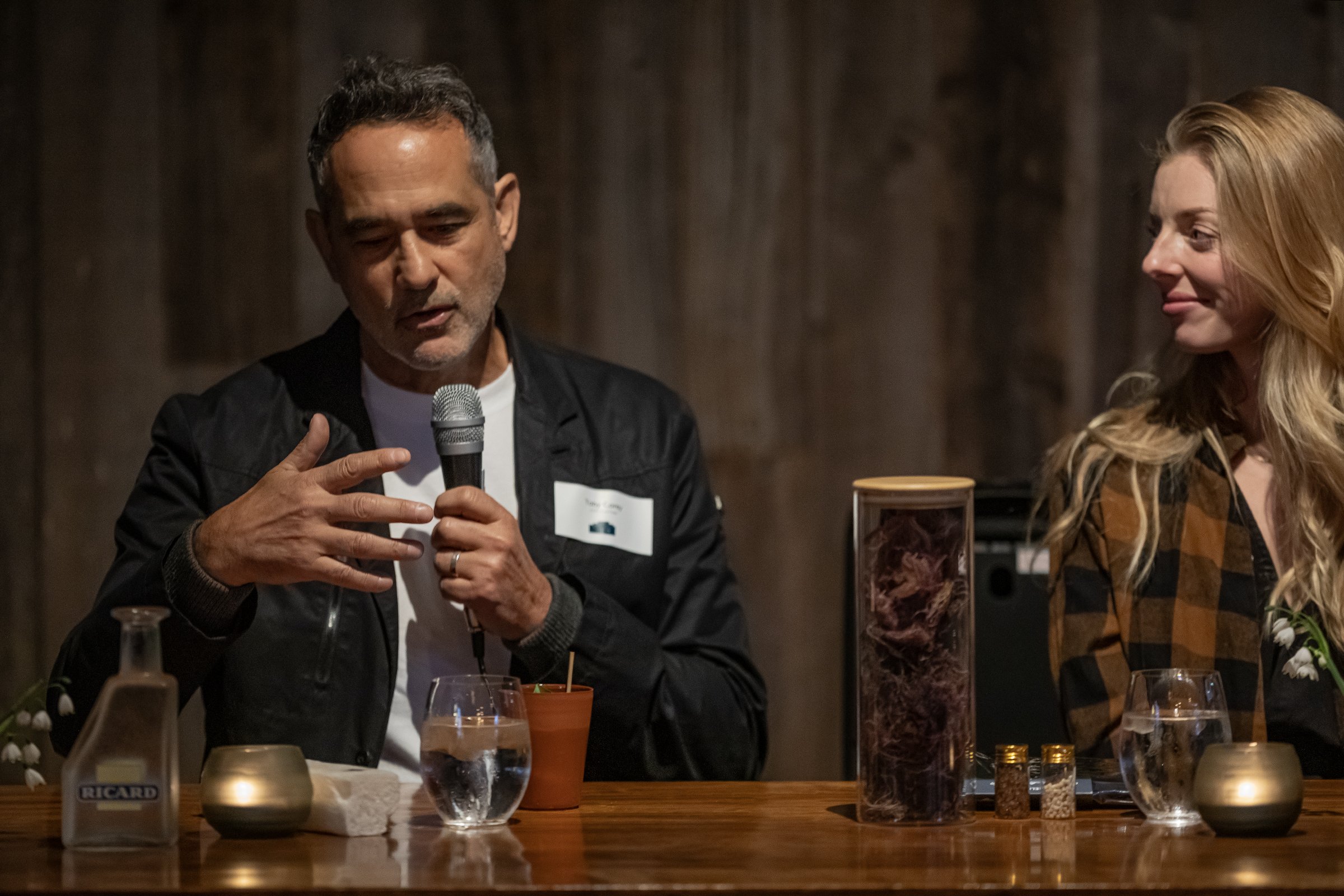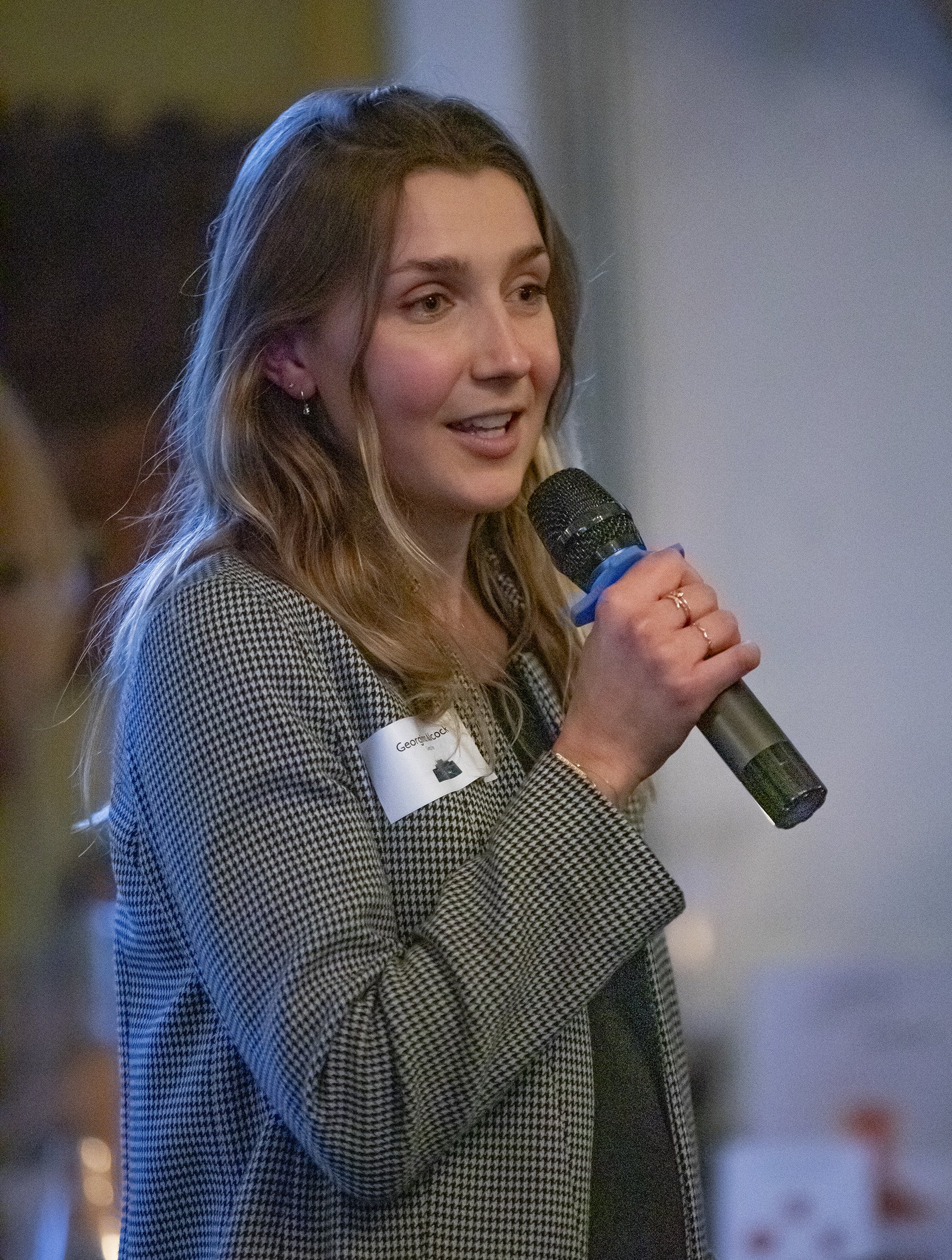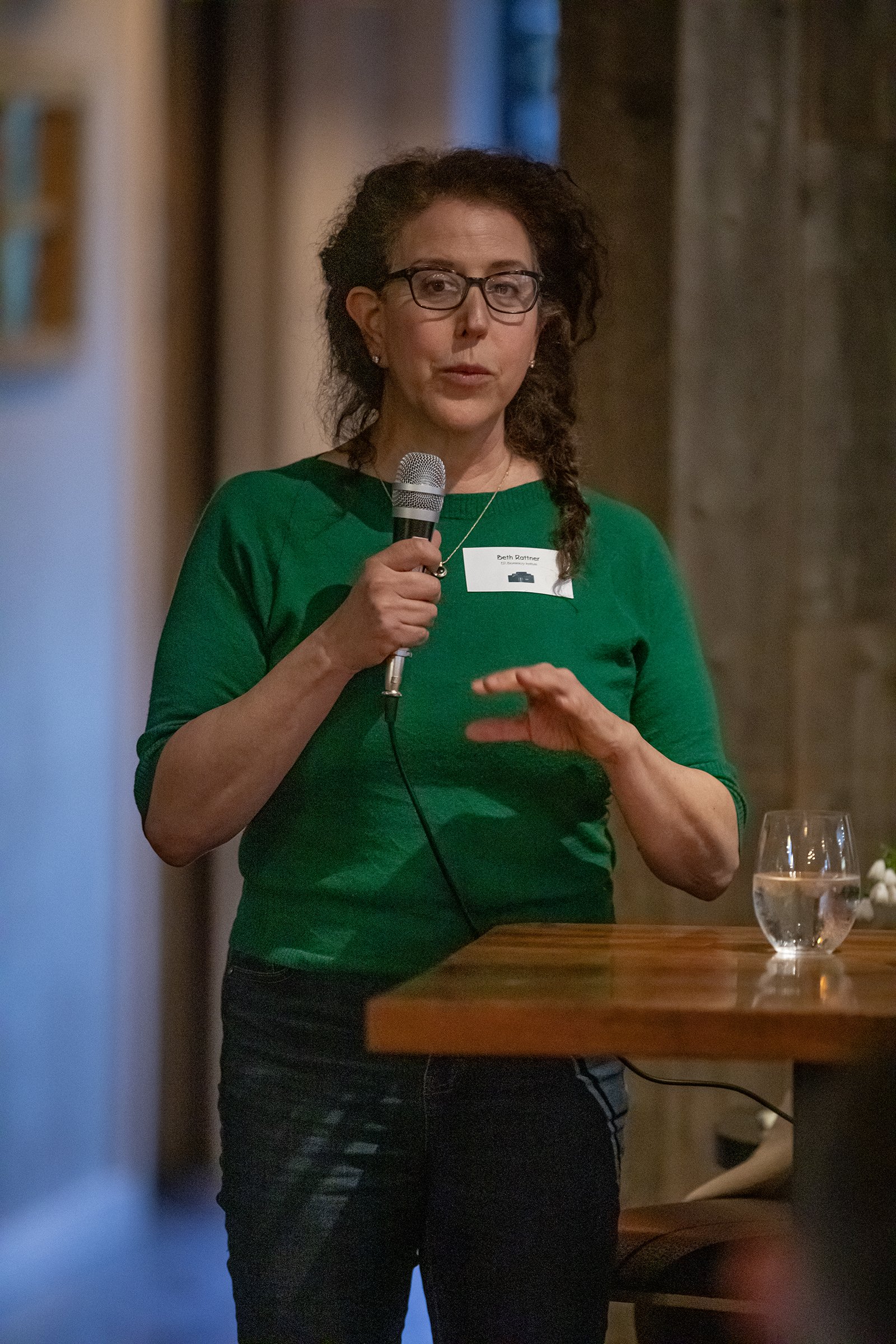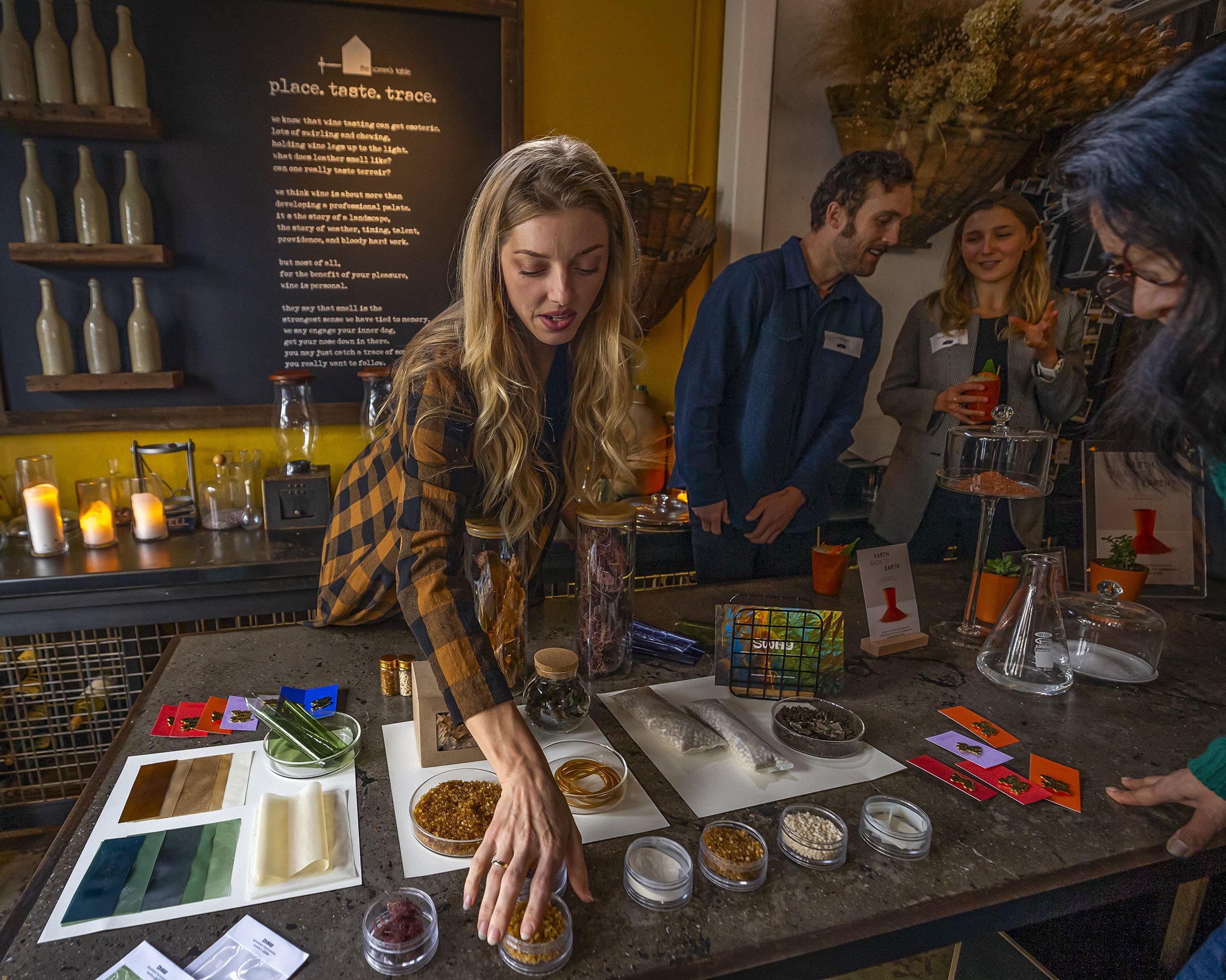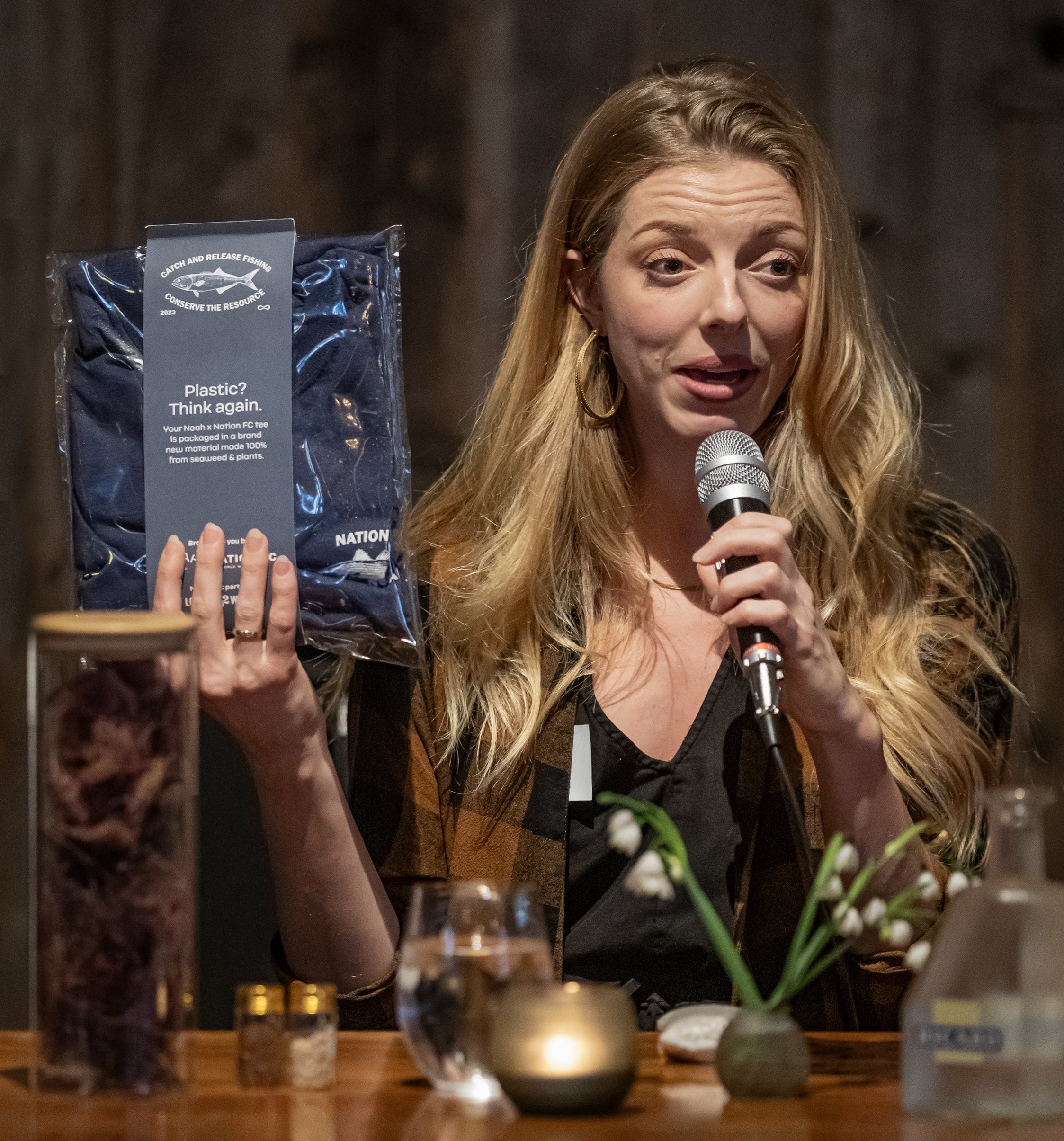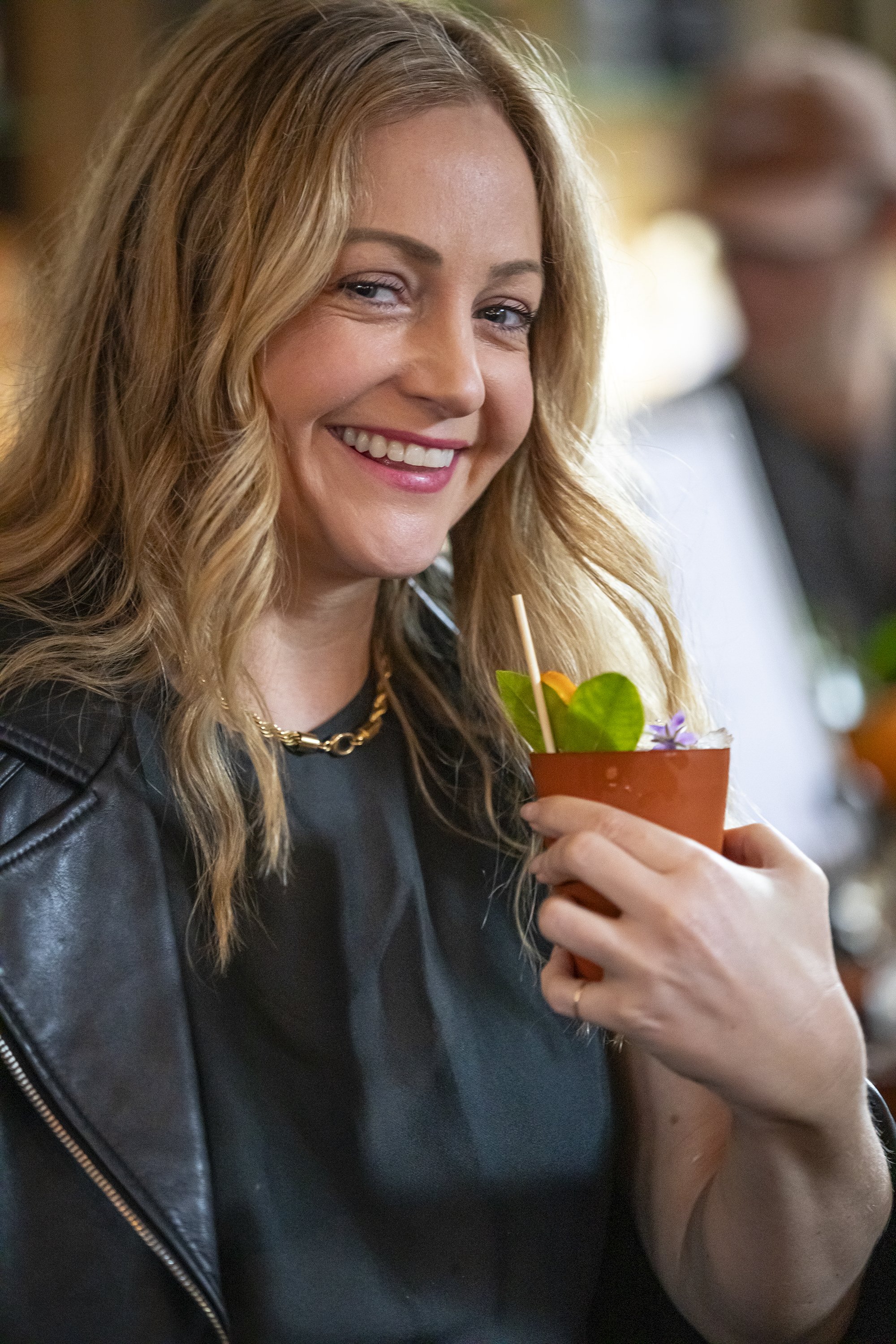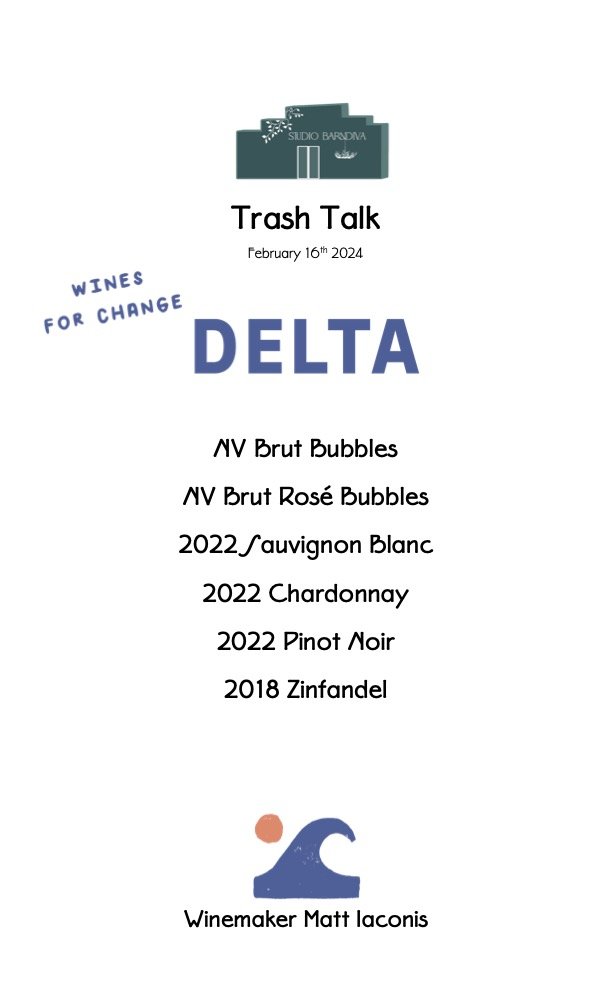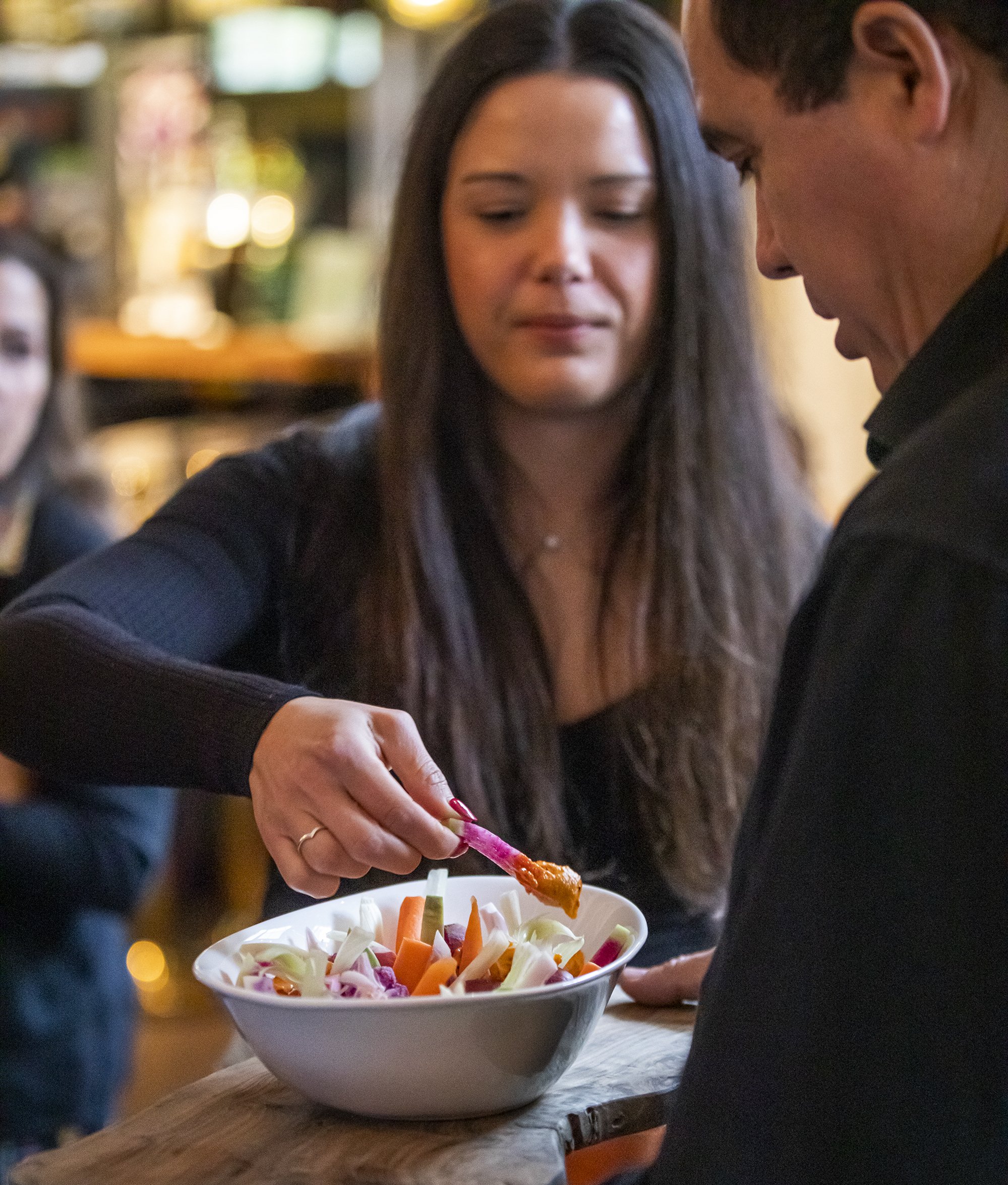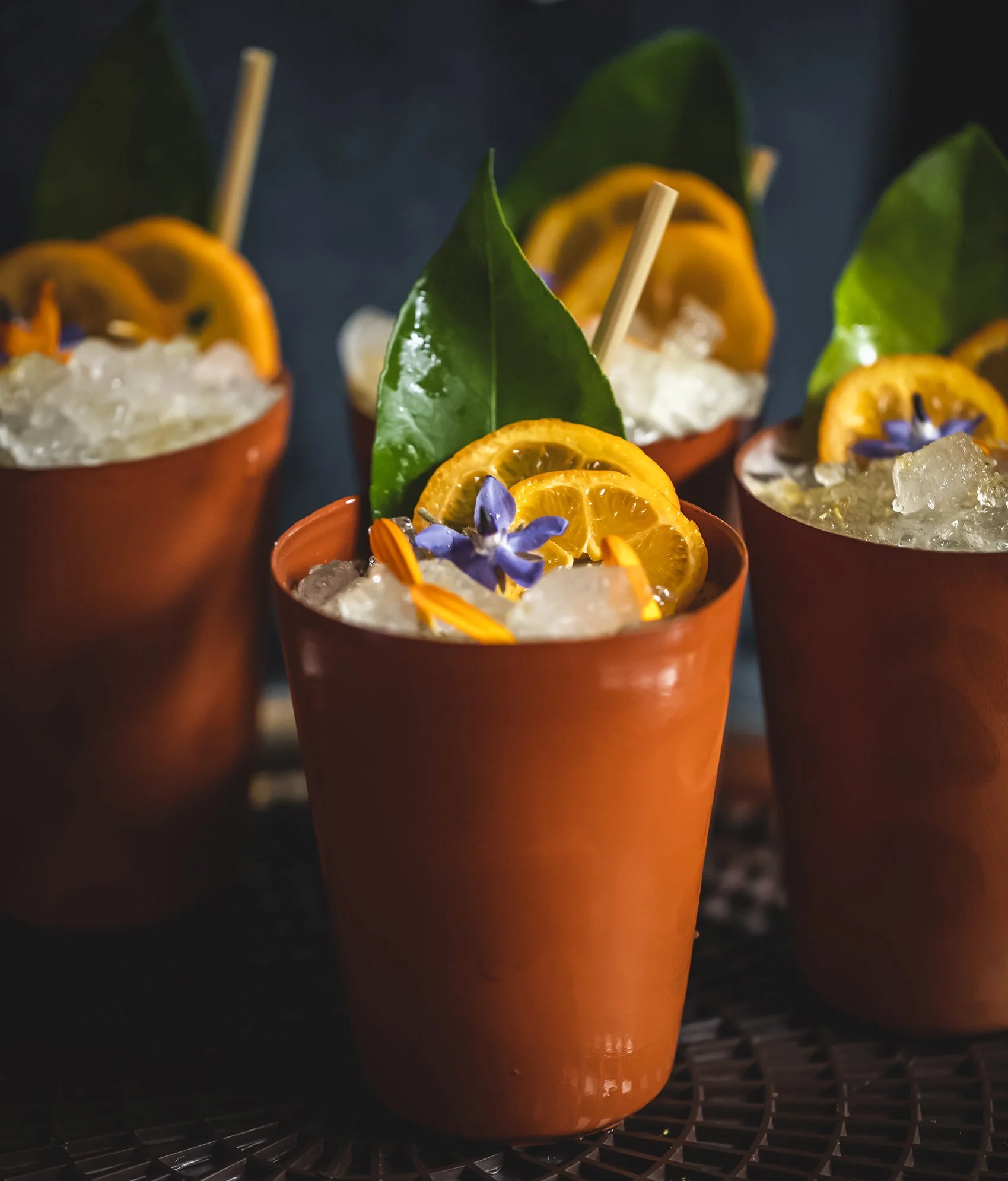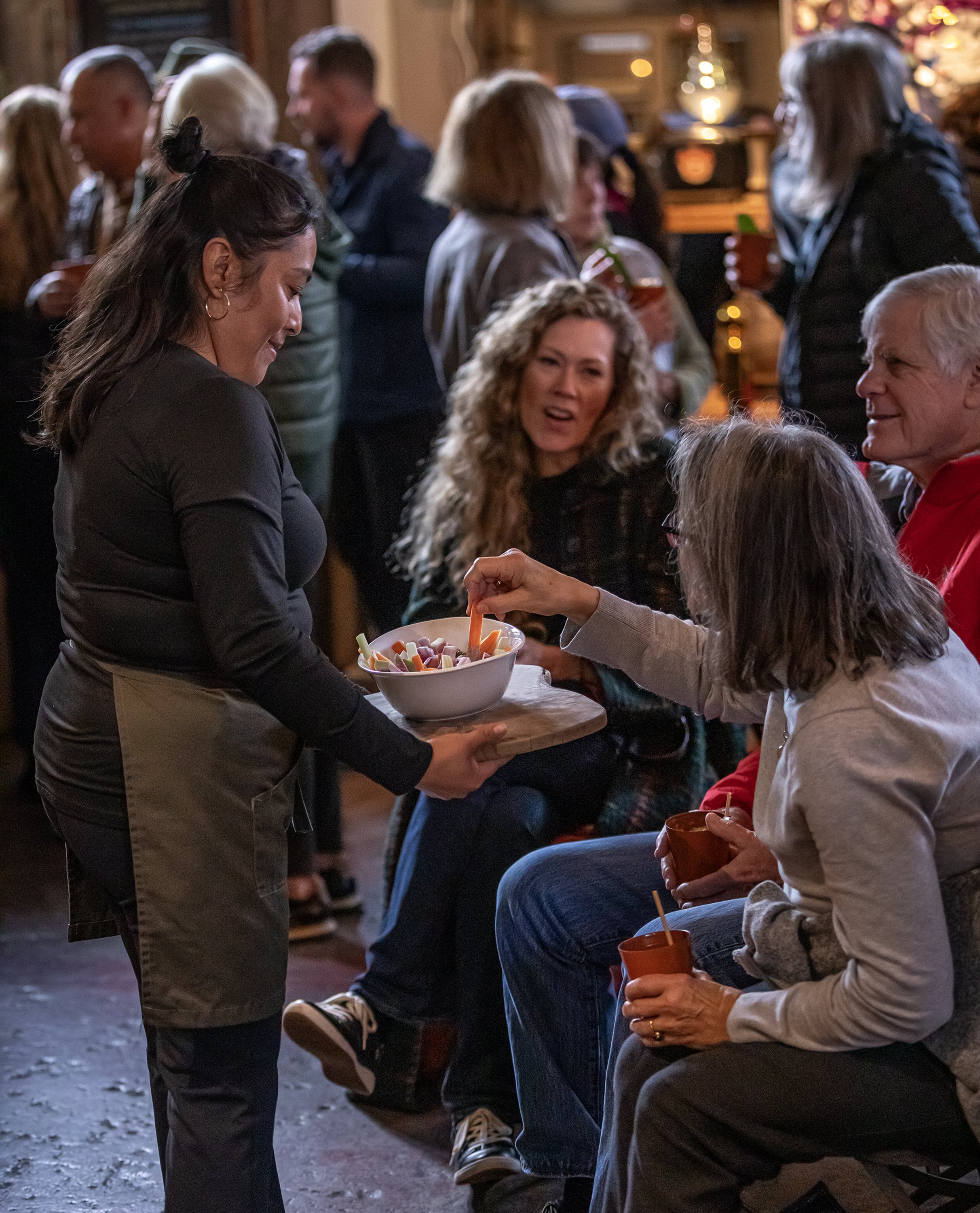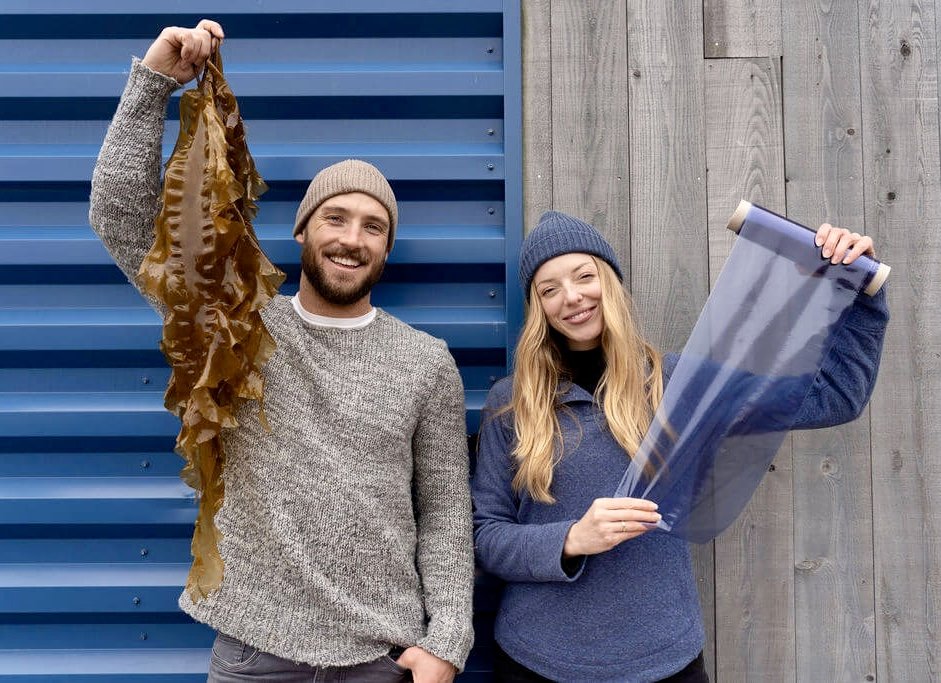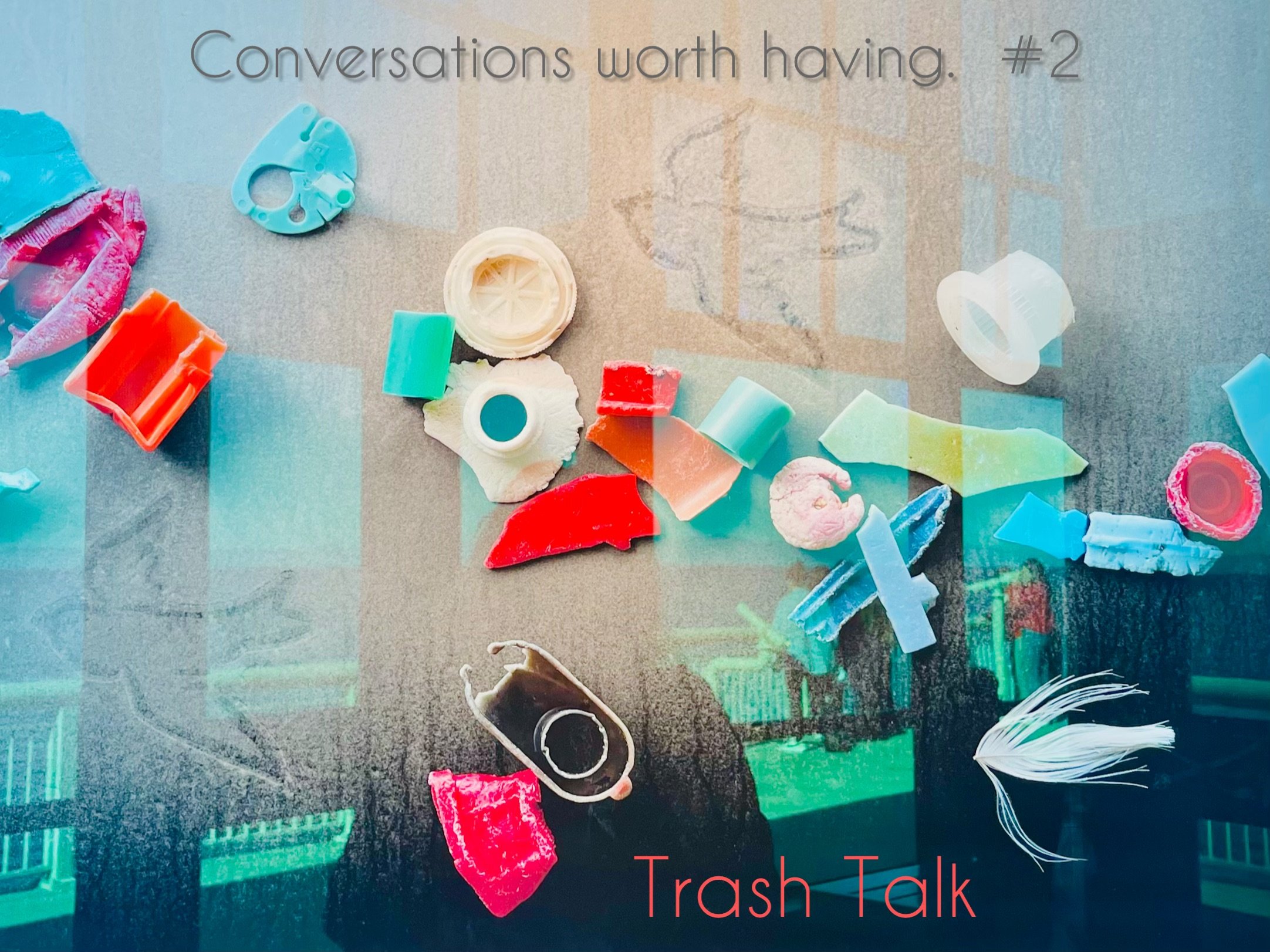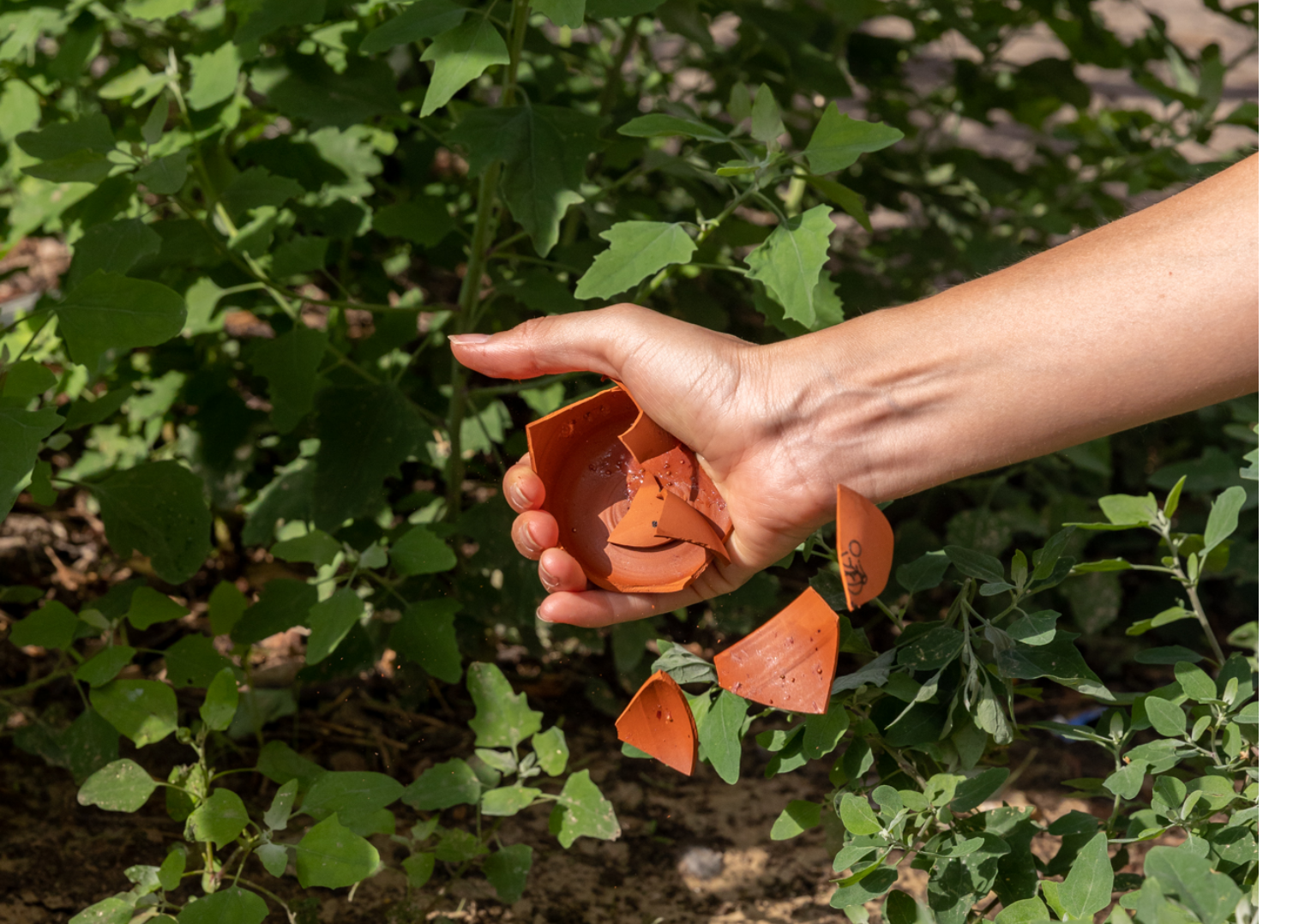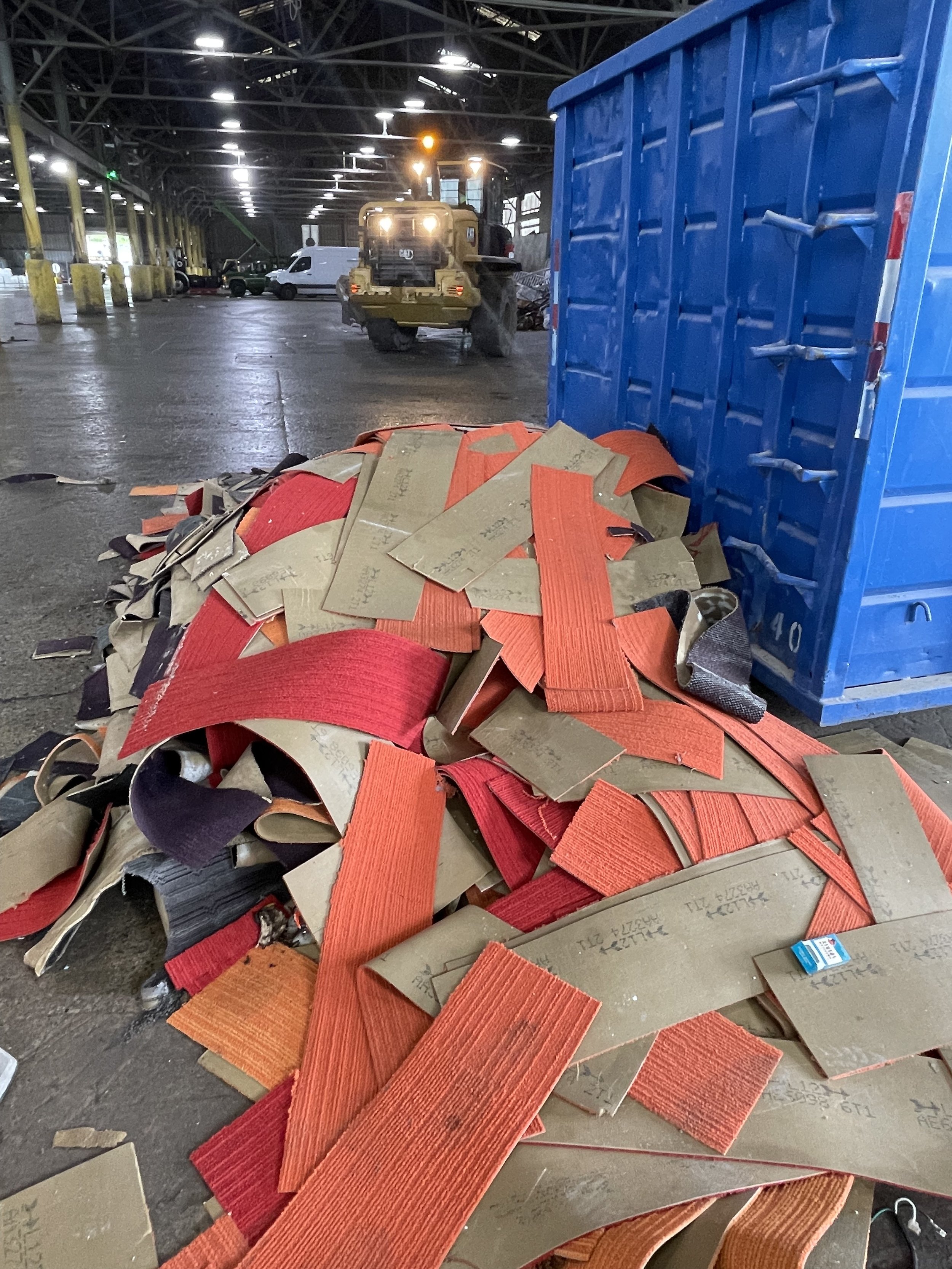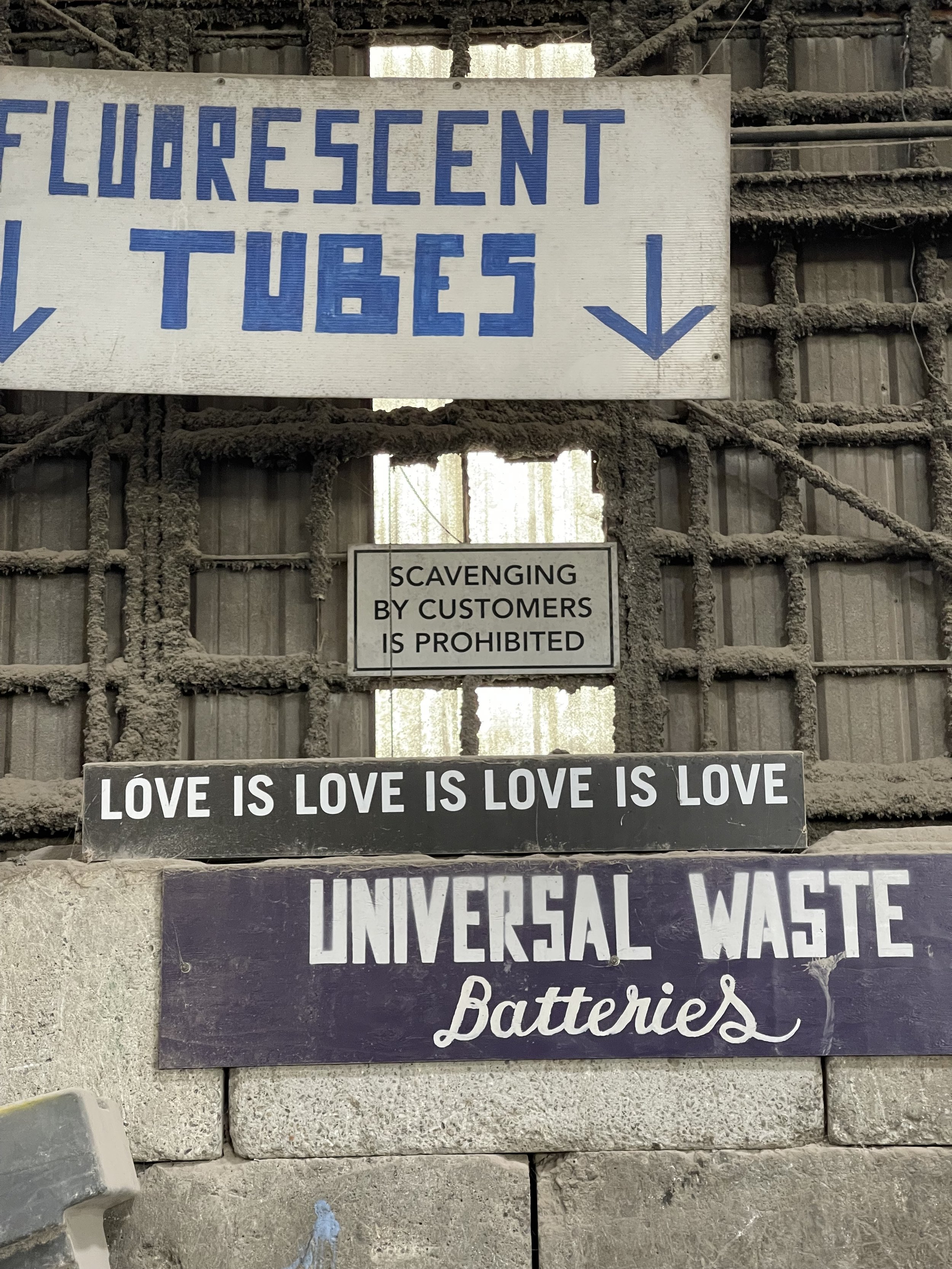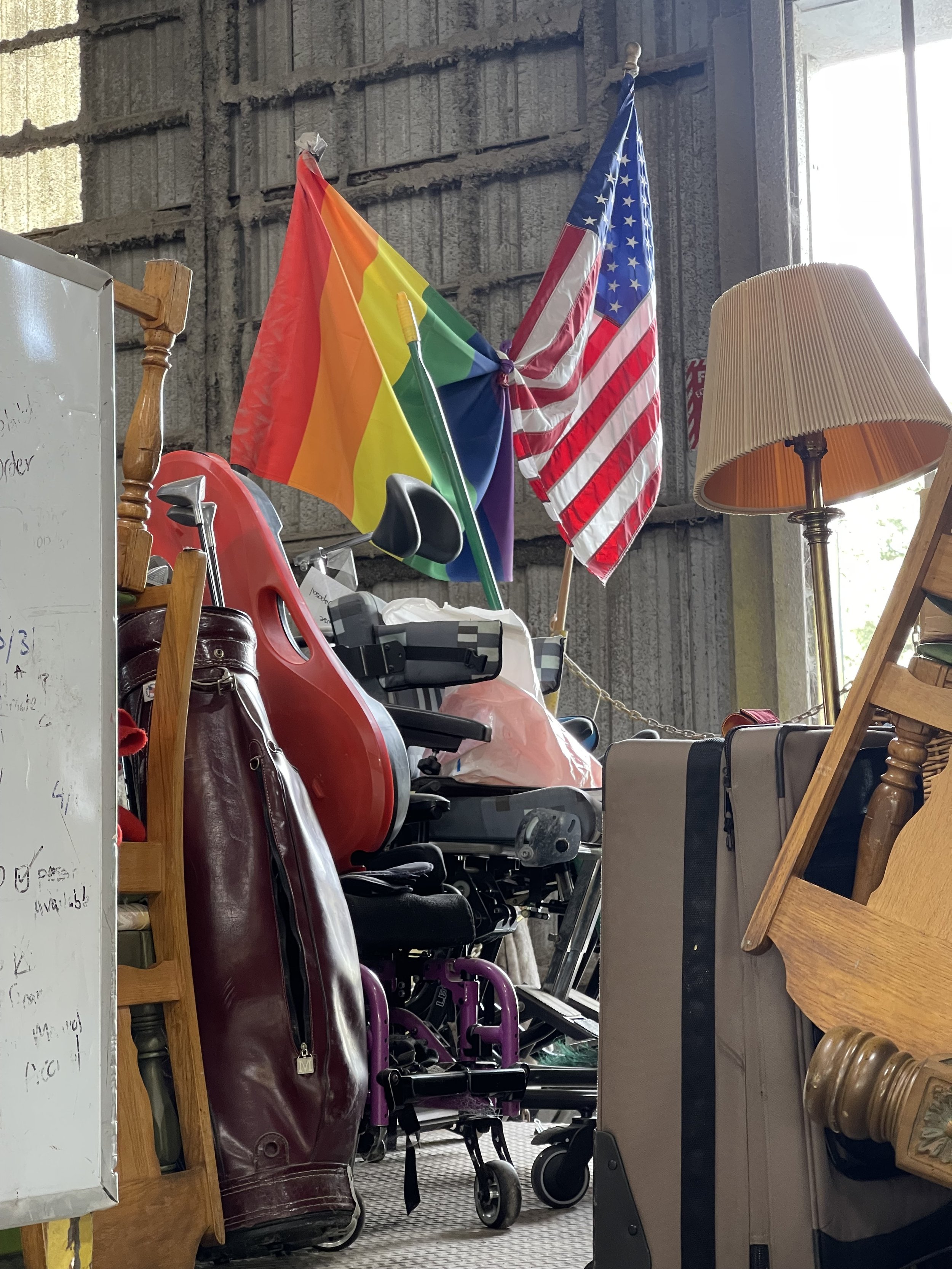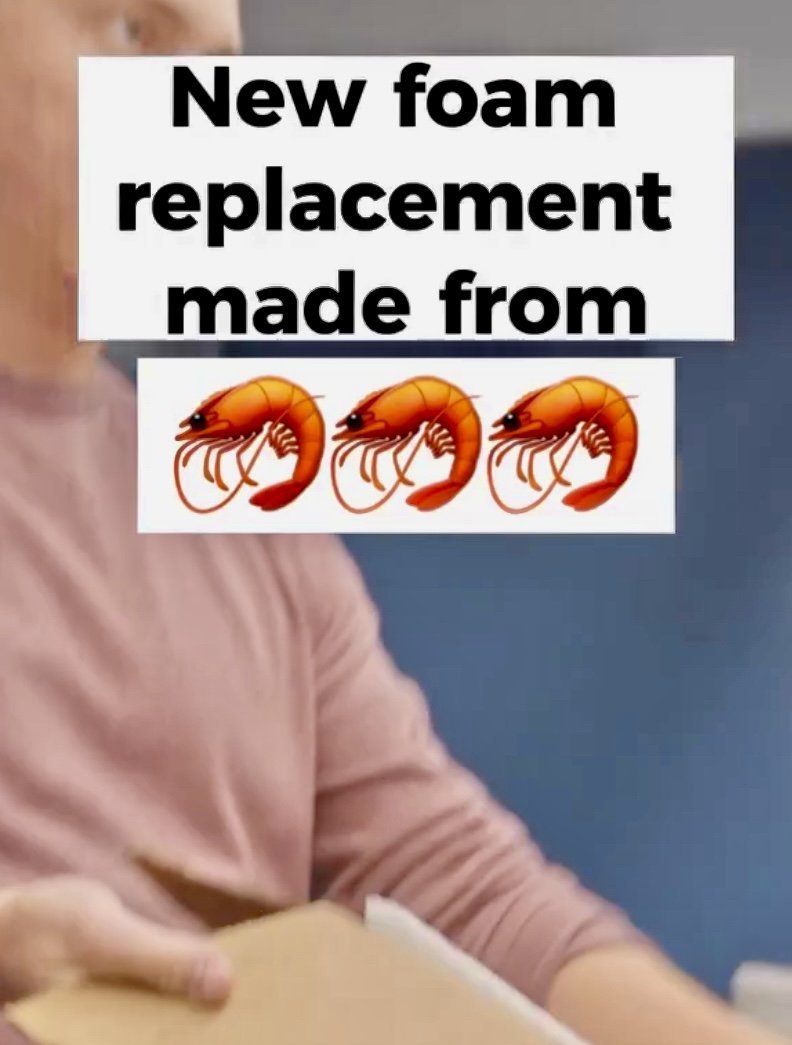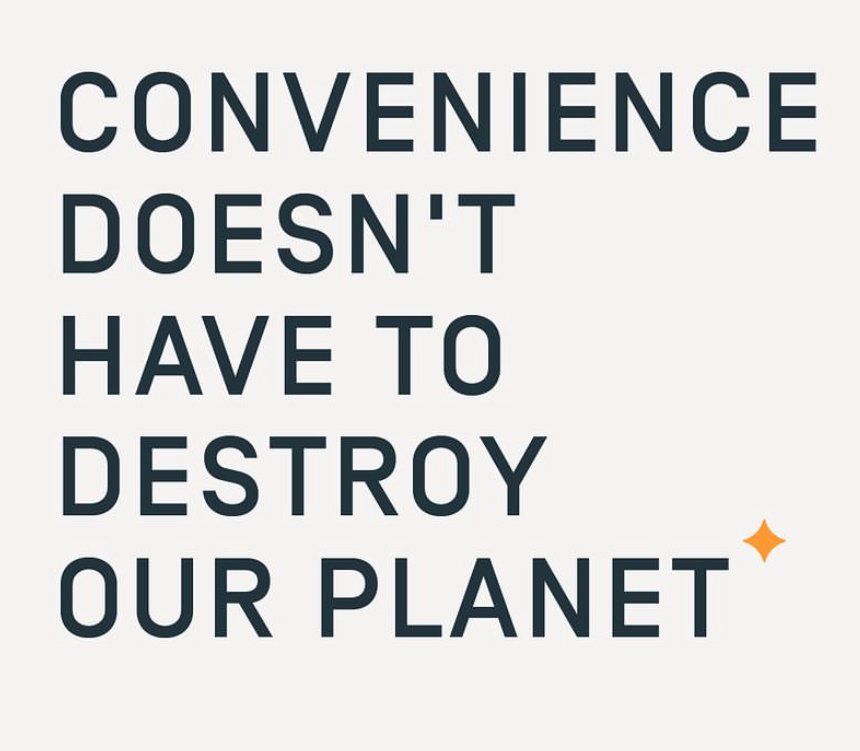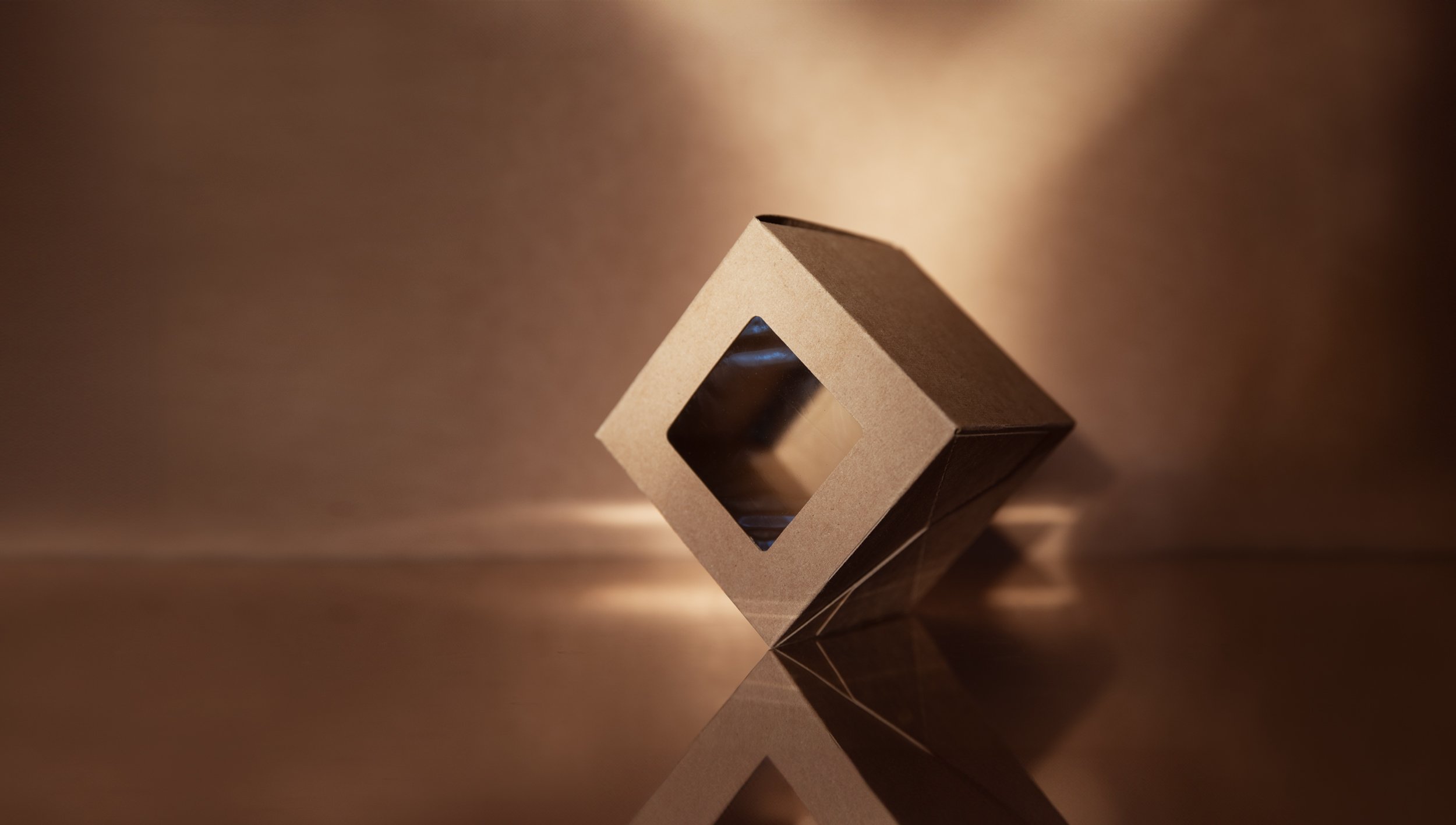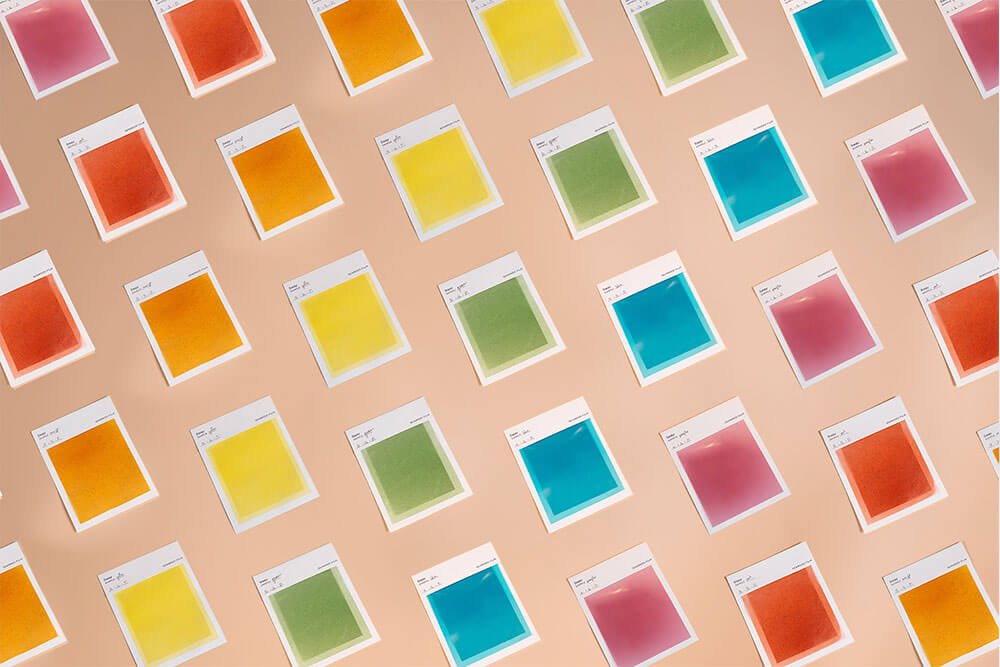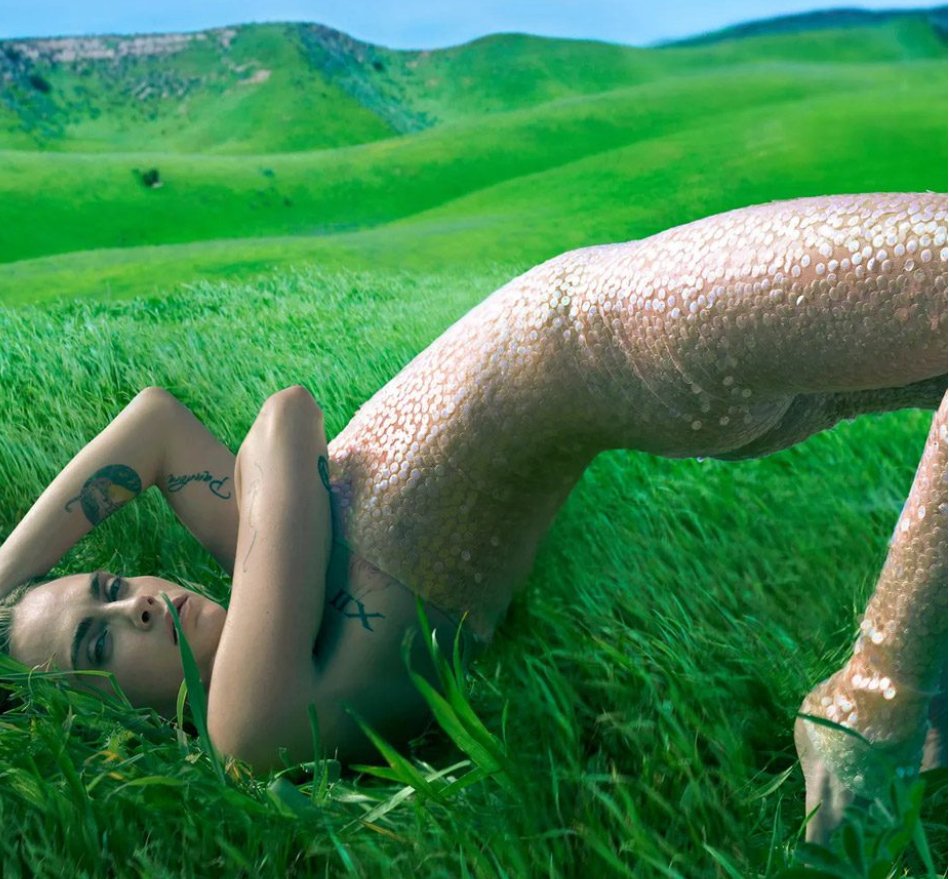The community gathers for Conversations Worth Having #2 : Trash Talk, February 16th, in Studio Barndiva
Full Disclosure: we initially had great concerns making Trash the subject of our second Conversation Worth Having. But something happened after our first conversation, Gorgeous Garbage, that made the conversation about trash imperative. Of the many things we took away from our first community evening the realization that haunted us, as never before, was that even if we managed to divert more organic waste into making compost and soil, even if everyone we knew got better at recycling, even if these things began to miraculously happen all over the world, humanity would still go on filling the oceans with plastic, building higher and higher landfills of toxic waste. All the things we no longer have use for - our trash - endlessly circling and befouling the globe.
CWH is all about gathering community to have Serious Fun. We want to talk about important issues in a way which enables us to come away from these conversations making better choices, strengthening a commitment to live lighter on the ground. We don’t want to give up our creature comforts. We care about design. We want to live in a world with the ability to surround ourselves with useful, beautiful things. How do we make this compatible with individual actions, taken consistently, that signal true change in the way the social order works?
As life would have it, over 50 years ago I forged a beautiful, lasting friendship that among its many gifts brought a wondrous goddaughter into my life. And as luck would have it - for me and everyone who attended our February 16th Trash Talk - she has made it her life’s work to build just such a near future, or at least the possibility one might exist. we’re talking about businesses that take honoring a healthy ecology and a respect of the earth into every step of their supply chains. We’re talking about the products and the conduits that bring them into our short and precious lives.
Her name is Zem Joaquin. A founding member of Cradle to Cradle, for many years her company Eco Fabulous espoused the philosophy that we did not have to live lives of deprivation to be good global citizens. If we knew where to look, showed extreme care about how and where things were made, we could be as fabulous as we dared. She dared.
For the past five years she has grown an astonishing community of brilliant, innovative leaders- self identified disrupters to status quo supply chains- made of up scientists, inventors, doctors, designers, artists, and producers of all the things we use in our lives. It’s called The Near Future Summit and through it she has become a champion for businesses that “accelerate solutions to improve societal, individual and planetary health.” Dawnelise, Susan, Amber and I did our due diligence and research into how best to position Trash Talk - we toured Recology SF, met with the wonderful Deborah Munk, director of the artist in residence program. We listened to fascinating sustainable producers at a Women Founders Talk at the Ferry Building. We read and researched. Finally, after an edifying three day experience at 2023’s Near Future Summit, Zem guided our choice of speakers who graciously traveled to Healdsburg to talk to a sold out crowd in Studio Barndiva on Friday, February 16 for Conversations Worth Having, #2, Trash Talk.
It was delicious but serious fun, as you know if you attended. If you didn’t, we missed you. Here is a visual taste of this throughly stimulating evening.
Our Speakers: LEFT: Toby Corey, COO of Cruz Foam, a sustainable foam packaging company that sources fully bio degradable materials made from shrimp shells, mushrooms, and recycled paper as an alternative to styrofoam. Cruz Foam was a PentAwards Bronze winner and one of TIME Magazine’s Best Inventions of 2023; CENTER: Gorgina Alcock, of GaeaStar, a ceramic zero waste alternative to single use plastic cups and vessels made of a clay, water, and salt sourced close to where it is 3’D printed (our CWH branded cups were produced in San Francisco from Sacramento clay); RIGHT: Beth Rattner, a director of the The Bio-Mimicry Institute, who walked us through the essential bridges we must start building between biology and design by advancing the adoption of nature inspired strategies. Highly recommended reading: Biomimicry, Innovation Inspired by Nature, by Janine Benyus, who founded the Biomimicry Institute, and The Second Body, by Daisy Hildyard.
ABOVE: Julia Marsh who with her Husband Matt founded Sway, also joined our speaker forum. Sway is a start up whose goal is to harness the power of seaweed to create home compostable replacements for plastic. For their efforts they were the Winners of the Tom Ford Innovation Prize for 2023.
Sway embodies a central premise of circular economies around design that was a take away from the evening: design out waste, keep materials in use, regenerate natural systems. And this: as a consumer, make better choices.
We were proud to have several local businesses who share our concerns about sustainability contribute to this Conversation Worth Having. Formost among them was Little Saint Healdsburg Healdsburg, whose chef, Stu Stalker, provided exquisite bowls of Little Saint Farm Vegetables with spreads of Carrot Tahini w/ dried chili, Cultured Cashew w/ Tomato Chutney, and Green Lentil Hummus. Little Saint’s director of beverage and sustainability, Matt Seigel collaborated with Barndiva’s Scott Beattie on both the spirit and NA cocktails: A Caipirinha made with Novo Fogo Carbon Negative Organic Cachaça, and Rangpur Me Another, our NA cocktail made with Rangpur lime as a cordial, anise hyssop tea, coconut yogurt, and Ritual N/A rum.
For those enjoying wine in their GaeaStar cups, we were honored to serve Delta Wines for Change made by our friends at Brick and Mortar, Alexis and Matt Ioconis. In bringing the climate conversation to the dinner table, Delta addresses greener packaging, reduces their carbon footprint in every aspect of wine making and supply chain choices, and donates 10% of all sales to the Surfrider Foundation, Cool Effect, and groups fostering environmental education- like Conversations Worth Having.
We also wish to thank Hotel Healdsburg’s Circe Sher for hosting some of our speakers and providing a discount for those traveling for the event. Coming soon: GaeaStar cups in the Hotel Healdsburg Spa.
And for anyone who missed the event or just wanted to keep the conversation going the next day, Flying Goat Coffee on center street hosted a pop-up on Saturday Feb. 17th using GaeaStar cups, which they gave away with every coffee sold.
A dinner for our speakers and a limited number of ticketed guests was held after the event in barndiva, which Daniel Carlson and I filled with foraged arrangements from our forest in Philo. We were so pleased he was able to join us for this CWH.
The Conversations Worth Having team is Dawnelise Rosen, director of Farmpeneurs, Susan Preston, of Preston Family Farm; Jil Hales, all things Barndiva, and Amber Keneally who researched and created our medicine cabinet art installation.
It is our goal to keep Conversation Worth Having events small enough so the actual conversation we have after listening to our speakers is forthright and meaningful. To find out about future events, sign up for the Barndiva Blog, Eat the View, or follow us @barndivahealdsburg.


